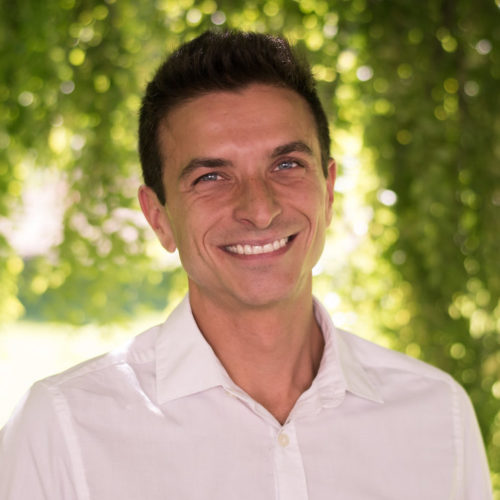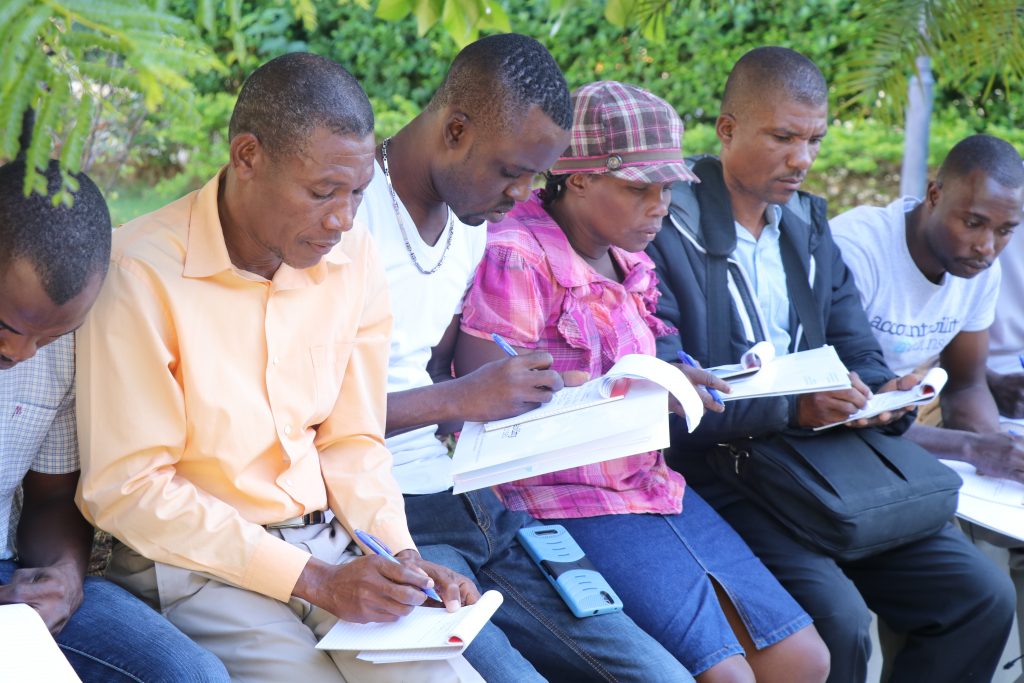By Samer Araabi, Research Director

It is often the case that the “beneficiaries” of development projects are the least consulted, the least informed, and the least able to access recourse in the event of environmental or social harm. Accountability mechanisms, such as the ones tied to international financial institutions, are a critical component in providing a structure through which communities can access justice and remedy, but the mere existence of these institutions is not enough. These bodies — indeed, any aimed at providing accountability to marginalized communities — need to function in a way that values, elevates, and ultimately respects community perspectives in a meaningful way. Based on over a decade of working with communities around the world, Accountability Counsel has seen various pitfalls of not adhering to community-led accountability and developed recommendations for how to improve. Below are three.
Information-sharing is critical, but the language, style, and modalities of that information must be tailored to community contexts. When farmers in northeastern Haiti were displaced to make way for an industrial park, project documents — including the Resettlement Plan — were in French, a language that very few of them could understand. Even after a formal dialogue process was put in place, along with a concerted effort to provide materials in Haitian Creole, many other informational inequities remained. In particular, project implementers continued to give preference to certain types of information (quantitative data, formal reports, charts and tables, etc.), over modalities more commonly used by community members (personal stories, community discussions, observations of changing social and environmental conditions). This ongoing marginalization of traditional, community-based expertise severely diminishes our ability to face the complex human and environmental issues that inevitably arise from any large scale development project. This video below describes the challenges and opportunities of a community-centered approach to data gathering and information sharing.
When harm occurs, communities must be genuine participants in the design of solutions. Access to remedy is a critical component of accountability, but the form that remedy takes often falls victim to the same lack of community consultation that created the harm in the first place. Community members themselves are best situated to understand the solutions to the problems they face. Engaging with communities in these processes requires a radical rethinking of the ways that data is collected, programs are structured, and decisions are made, putting consultation and collaboration at the core of any remedial action plan. Community visions, such as the Free, Prior, and Informed Consent protocol issued by Indigenous communities in Nepal and their partners, and the Landscape of Life conservation plan of Karen Indigenous communities issued by Conservation Alliance Tanawthari in Myanmar, must be the starting point for those conversations. Too often, communities continue to be excluded from the development of action plans or other measures to remedy the harms they are experiencing. This must change, urgently.

Implementation and monitoring are critical and often deprioritized. For those communities who overcome the multitude of challenges to accessing an accountability mechanism and obtain a strong agreement, investigation report or action plan with commitments for positive change: unfortunately the fight is not over. For many communities, the commitments do not ultimately materialize and their rights are never truly vindicated. In May 2017, nomadic herders in Mongolia signed historic agreements with a global mining company and the local government, setting the path for more complete compensation, and improved access to water and organization of pasture resources. As we near the fourth anniversary of those agreements, although progress continues, major pillars remain unfulfilled. Accountability mechanisms must have the power to monitor how investors implement remediation — and exercise that power to its fullest — and investors must face consequences if they fail to implement their commitments adequately.
The above recommendations require international development actors to reorient the treatment of local communities as active participants with meaningful agency, rather than passive recipients of external assistance. These steps — and many others — are critical in ensuring real accountability to the communities on the front lines of international development, and their defense from harm and injustice so easily perpetuated by oversight and myopic thinking.


